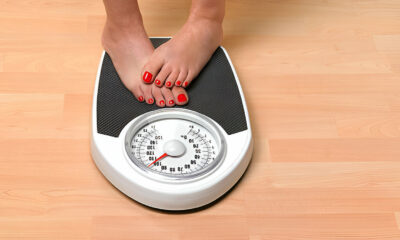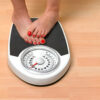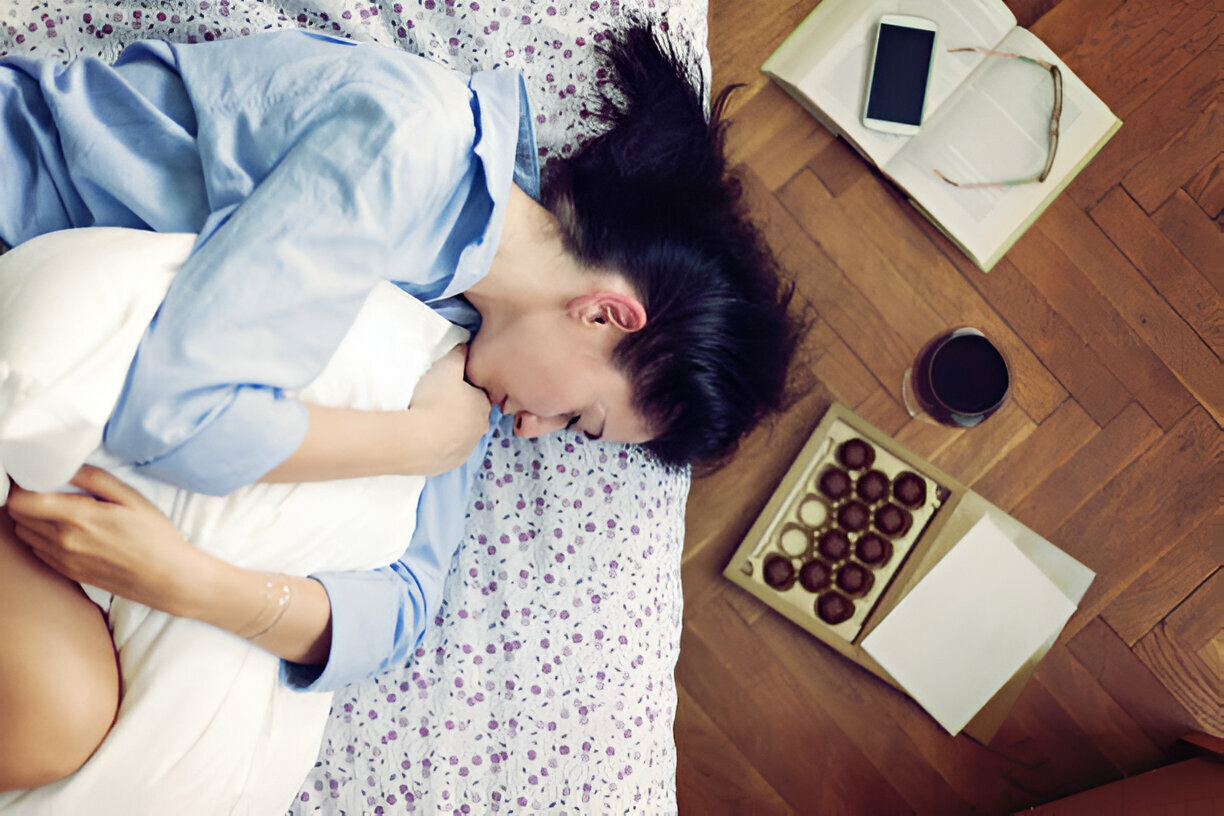Depression is often misunderstood as merely feeling sad or down. However, it is a complex mental health condition that can manifest in various physical symptoms. Recognizing these signs is crucial for early intervention and effective treatment. Here are some physical indicators that you might be suffering from depression.
1. Chronic Fatigue and Low Energy
One of the most common physical symptoms of depression is persistent fatigue. This isn’t just feeling tired after a long day; it’s an overwhelming sense of exhaustion that doesn’t go away with rest. Depression can disrupt your sleep patterns, making it difficult to fall asleep, stay asleep, or causing you to wake up too early. The result is a constant state of low energy that makes even simple tasks feel monumental.
2. Changes in Appetite and Weight
Depression can lead to significant changes in appetite and weight. Some people may experience a loss of appetite and subsequent weight loss, while others might find comfort in food, leading to weight gain. These changes are often tied to emotional eating habits and a lack of motivation to maintain a balanced diet. Pay attention to any drastic and unexplained changes in your eating patterns and weight.
3. Aches and Pains
Physical pain is a lesser-known but common symptom of depression. This can include headaches, back pain, muscle aches, and joint pain. These pains are not always linked to a specific physical condition and may persist despite treatment. The connection between depression and physical pain is believed to be due to shared pathways in the brain that regulate mood and pain perception.
4. Digestive Issues
Depression can take a toll on your digestive system. Symptoms such as nausea, bloating, constipation, and diarrhea are not uncommon. The gut-brain connection is well-documented, and stress and emotional disturbances can significantly impact gastrointestinal function. If you notice persistent digestive problems without a clear medical cause, it might be worth considering depression as a potential factor.
5. Sleep Disturbances
Sleep problems are a hallmark of depression. These can range from insomnia (difficulty falling or staying asleep) to hypersomnia (sleeping too much). Poor sleep quality can exacerbate other symptoms of depression, such as fatigue and difficulty concentrating. It’s a vicious cycle, as inadequate sleep can also worsen your mood and overall mental health.
6. Changes in Physical Activity Levels
Depression often leads to a decrease in physical activity. The fatigue and lack of motivation that accompany depression can make it challenging to engage in regular exercise. Conversely, some individuals might experience restlessness and an inability to sit still, known as psychomotor agitation. Both extremes—physical inactivity and excessive restlessness—are indicative of depression.
7. Slowed Movements and Speech
Psychomotor retardation is another physical manifestation of depression. This condition involves slowed physical movements, speech, and thought processes. You might find yourself moving and speaking more slowly than usual, and daily tasks can take much longer to complete. This symptom reflects the overall slowing down of bodily functions due to depression.
8. Weakened Immune System
Chronic stress and depression can weaken your immune system, making you more susceptible to infections and illnesses. You might find that you catch colds or other infections more frequently or take longer to recover from them. This is due to the impact of prolonged stress hormones, such as cortisol, which can suppress immune function.
9. Decreased Libido
A significant drop in sex drive can be a physical sign of depression. Depression affects all areas of life, including sexual health. Reduced interest in sex, difficulties in maintaining relationships, and sexual dysfunction are common among those suffering from depression.
10. Vision and Eye Health
Recent studies suggest that depression can affect your vision. Symptoms like blurred vision or difficulty focusing might be linked to depressive disorders. Known as “depressive vision,” these visual disturbances are believed to be related to the way depression affects the brain and its interpretation of visual information.
Understanding that depression is not just an emotional or mental condition, but one that can manifest physically, is crucial. If you recognize these physical signs in yourself or others, it’s essential to seek professional help. Depression is a treatable condition, and early intervention can significantly improve quality of life. Remember, acknowledging the problem is the first step toward recovery.













